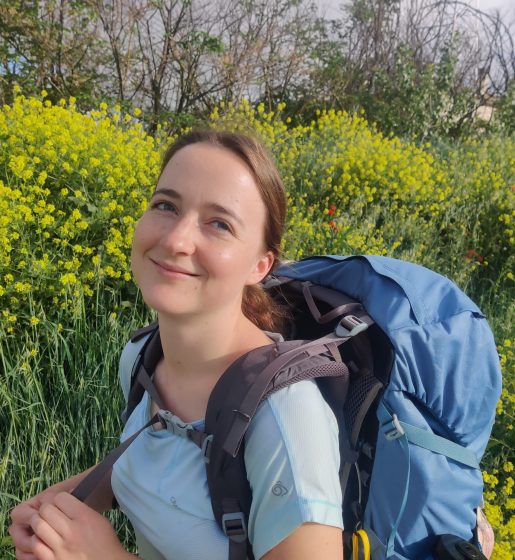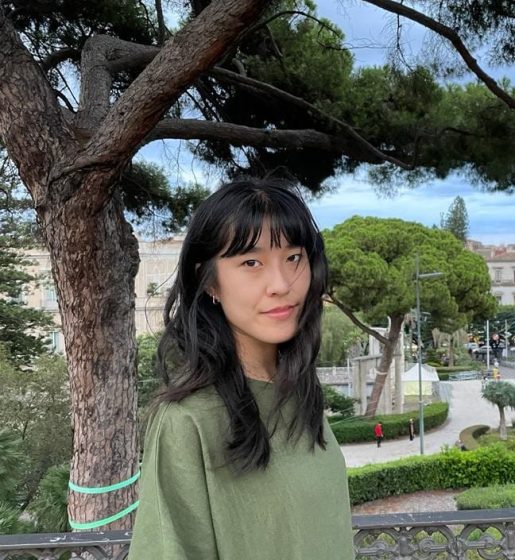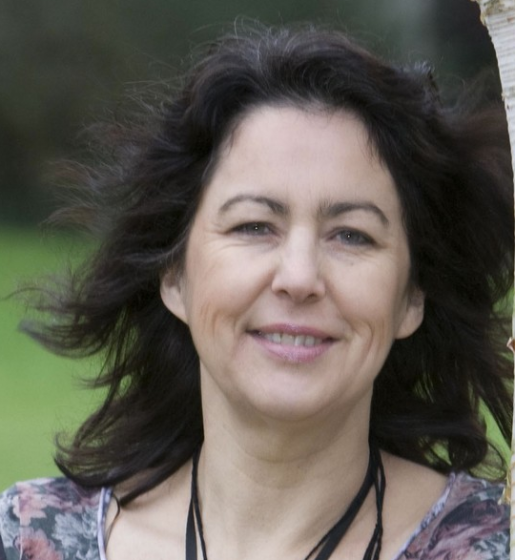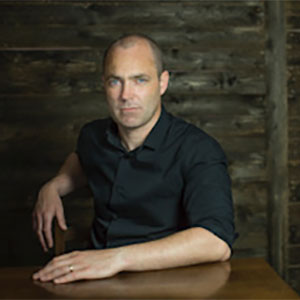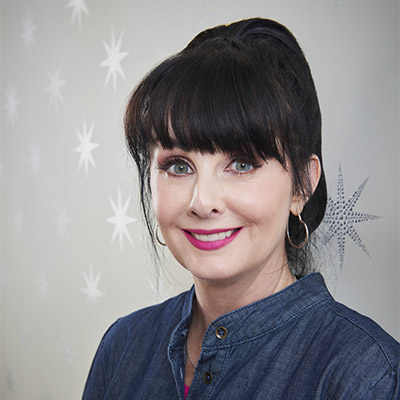RITES OF PASSAGE
At a time when I was buried in study and stress, and the strains of a dying relationship, I found a walk that took me above it all, in solitude, in what was nearly wilderness: a path alongside the railway tracks, above and overlooking the lake. I went in the day and walked along it. But as I walked, instead of the expansion, peace, relief, I expected, my body was chilled, stiffened; I was wheezy with fear. At one point, a man was coming towards me on that narrow, lonely route, and all of my learned, practiced behaviours were gone from me; I was weakened and useless. But he passed by, of course, without a glance. Still, fighting the urge to panic, to run, I eventually made it off the path, and back into the busy suburbs.
And I walked that path again. I would not be restricted by fear. It was safe, it was daytime, and it was a nice place to walk. And again, I was chilled, shaken, terrified, every single step of the way.
I asked about the path. It’s safe. It’s grand. Until, isn’t that where that girl was murdered?
Cat-calling always catches me off guard; confuses me. What did he say? And I carry on, a little smaller, a little less sure.
Don’t leave your drink uncovered. Why not? Don’t go to the bathroom alone. Why not? Don’t lose your friends. Why not? The hands touching me – that I didn’t know whose hands they were; that I was being felt constantly and anonymously, like in a bazaar, when all of the vendors are calling, but here, they were calling with their hands, and they were not offering anything, only taking – the noises, the lights, overwhelmed me, so I would seek solitude, I would stray and wander with my thumb over the mouth of my beer, and step out into the smoking area, like a rabbit stepping into a kennel. There, I would at least be offered a cigarette, some conversation, and it would seem wholesome, until I wondered if they would let me leave.
In the clubs, we were drinking, we were having fun; we were flirting, we were flattered: young women letting loose.
Instead of walking home, I would sit in the back of a taxi, confined in a space with the man I was paying to keep me safe: a man who stares at me in the rear-view mirror, who asks for a hug when he asks for his money.
But this was years ago, when I didn’t know anything. Since then, I’ve decided, I don’t go to clubs. I don’t like them.
Why not?
Wandering in a pretty town in Europe, I find myself alone on a cobblestone street with a man, and all of a sudden, I lose my breath.
Bounding across the Burren, high up on the magnificent coast, a man makes his way down the lanes in a pickup truck, and I lose my breath.
Striding across Spain on a sacred pilgrim way, men are gathered on the path ahead, on the quiet rural route, and I lose my breath.
When I was just barely nineteen, I went for a walk. Working as an Au Pair in France, I had some time before dinner, so I wandered towards the coast. It was four in the afternoon. A cyclist slowed and struck up a conversation with me, and I was proud that I could speak to this man in French; he lingered a moment too long. I passed my turn, so that he wouldn’t know where I was going.
When he cycled on, I doubled back, and turned into this beautiful open space, a green wilderness on a clifftop overlooking the Mediterranean sea. My heart filled.
A man stood on the path that traced alongside the cliff, the path I planned to walk, watching me. I took photos of the sea, I lingered, I waited. Too cautious, too fearful. When he was gone, I started walking.
It was a beautiful place, the path was shrouded with bushes. I turned a bend, and the man hadn’t gone, he was standing right there, close enough to touch, holding his bared penis in his hands.
And I was gone then. My body got me out of there. It understood. Why was he there? Half a second, half a glimpse. What was in his hands? As my body hurried away, I looked back and he was still watching me, this man hooded in darkness, staring. A male jogger crossed my path and I nearly collapsed with fright. That jogger would run right past that man, wouldn’t notice, wouldn’t worry.
Back on the road, as I walked along the footpath, a red convertible with two young men inside pulled up, they looked me up and down, asked if I wanted a lift. I mumbled something in French – thanked them. Non, ça va, merci.
I had dinner with my host family that evening. And no, I didn’t tell; I was confused and embarrassed; I didn’t know what had happened. But the annex where I slept a little away from the house was too hot to keep the window closed and the window was by my bed. As I tried to sleep, what if he followed me home? So I stayed awake and watched the open window, taut with tension, with fear, with an unnamed, uncomprehended trauma, waiting for the dark man to appear. I was untouched, unharmed. I didn’t sleep.
I learn about energetic boundaries; I learn about how people will dump all of their darkness on to you, and take your light; I learn about the different types of violation.
There was a winter I collapsed. Because I was thinking, noticing, talking, friends were sharing their stories, and it was as if all of the bright, bouncing women surrounding me pulled up their sleeves, lifted their shirts, to show lacerations, bruises, welts. And all the men around me grew dark.
But I was confused, because men were the ones who walked me home, who minded me; they were the protectors. Men were my friends and family, they were strong and solid, they had always made me feel safe. And I was hearing the cold, apathetic words of the media come out of their mouths, and I was afraid of them.
It became difficult to leave the house. The world had been stripped of its comfort, its safety; I learned that I was not invincible, I was not exempt. Everyone learns this eventually. But I learned something else too: that there were those who meant me harm.
Eventually, with the spring, I rose and in rising, then, I remembered that I had fight in me, not just flight. So I came out of hiding, and I trusted my judgement, and men began to notice me again, and I went on dates and found a very sweet and gentle boyfriend for a time.
And when I told him the story of the man in France, he laughed. At the part where I worried the dark man had followed me home. Ridiculous.
I was too confused to say anything. I was too confused to be angry.
When I talk about learning self-defence, my male friends always challenge me. They love to prove how easy it is for them to defeat me; how they can crush me, pick me up, throw me to the ground. They stand a foot above me, nearly twice my weight. They think it’s play; they mock me, tease me.
When I talk about my fear, they say I should just take self-defence.
A comment sets him off. Carrying the bags of clothes home late at night, I say I wouldn’t have felt safe in that laundromat on my own. And then he is telling me how men are attacked too, how men are robbed and beaten all the time, how there is danger for men, not just women. I have learned to stay calm. All it takes is one word, said quietly. Violation. He understands then, and he is apologising; he is saying how he doesn’t want to know, admit, feel how bad it is.
Grown up and free in the world, I tried to walk in a Canadian forest. Stepping inside was like stepping underwater, and wonder carried me some of the way, the trees magnificent, impressing a drumming presence upon the darkened space. Until I was about to turn a bend, and in this wilderness, still in sight of the road, I lost my breath, I dizzied with fear. And when forcing myself to go on did not work, I turned and fled.
After taking a bus all the way to walk in the forest, I walked beside the highway instead: sad, defeated, confused. Over the course of that season, I slowly learned that this was not fear, this was panic; this was not fear, this was memory. And I felt around until I found that crack within myself that occurred four years before, on that afternoon stroll; that half a second.
So I took the bus to the forest again, and I chose the busier, lighter section, compromising with myself. And at every turn, at every shortened breath, I thought, this is old, this is not now, he will not be there. And I made it through the forest, I kept my breath, and taking the steps down to the beach that rested at the bottom of the cliff, I was filled with triumph, so that I stepped lightly along the sand, and said hello easily to the man passing me – the man who wore a hoody, and nothing else.
I stopped. There was another man, by the cliff, entirely naked. Over there, another, sitting on a log. Alarm mixed with confusion and horror, but my body was calm. I remembered the phrase ‘clothing optional’ in relation to this beach.
So I was stranded, marooned, trapped on a shore that was scattered here and there with naked middle-aged men, moving slowly over the sand like enormous seals. Ungainly and harmless. This is new. My body was calm, my mind was present. I covered my eyes, and both delighted and appalled by the irony, I walked, hopped, light-footed like a bird, and giggled my way to the steps.
A man speaks to me, and I watch his movements, his gestures. I am no longer surprised by the malevolence of many men, just as I am no longer surprised by the innocence and ignorance of many others. Women still tell me their stories, but now they are often younger than me; they are girls.
A man speaks to me, and I step slightly backward, I monitor the boundary of space between myself and him, I smile and listen and wait to relax.
Sometimes, especially when I’m home – where I know every stone, every boreen, every curve of the coast – I feel the world is mine; I forget. And after a drink, or two, or three, a spree of wildness gets into me, so that I want to sprint home alone on the low road; where there are no houses; where there are bats, and the sea; where an owl lives. And I forget that a man could follow me from the pub, could follow me down the dark hill, down the dark road. When my ears prick up, I change course, I dart left, up to the well-lit high road, I ring somebody and speak on the phone, I am alert and suddenly sober; and maybe he is drunk, or his heart isn’t in it, or he is harmless. I am safe, more or less, but I am no longer a young woman moving toward something, toward the sea, in the dark night. I am moving away. He has changed my direction.

